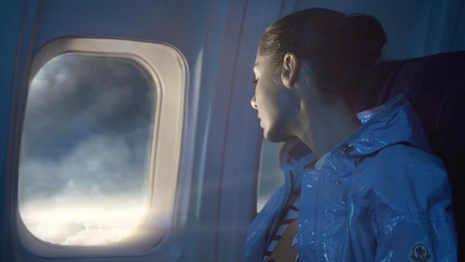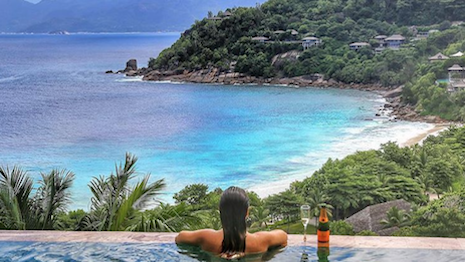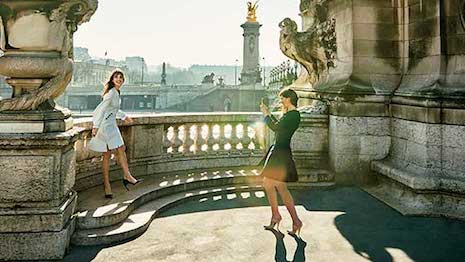- About
- Subscribe Now
- New York,
October 20, 2017

 Consumers are more interested in authentic local expeirences when traveling. Image credit: Moncler
Consumers are more interested in authentic local expeirences when traveling. Image credit: Moncler
Findings from the L.E.K. Consulting Survey show that luxury travel is becoming more popular than ever, with mass consumers adding luxury elements to their trips in an ongoing search for unique experiences.
The meaning of luxury in travel is changing dramatically now that consumers are more interested in experiences over pampering. There is a much broader range of what travelers are spending on while away.
"While luxury travel once meant first-class transportation and plush accommodations, today's luxury travelers are just as likely to seek out life experiences," said Dan McKone, managing director at L.E.K. Consulting. "And instead of being solely affluent, they're as likely to be mainstreamers who pick and choose the luxury elements they want to add to their trips."
L.E.K. Consulting looked at 1,972 U.S. travelers aged 17 and older for the survey.
Luxury travel today
Only 10 percent of those surveyed thought of themselves as luxury travelers, but almost 85 percent admitted to indulge in luxury travel once in a while.
Travel and luxury travel today is increasingly being valued by less tangible measurements, away from product quality. Consumers are now interested in quality experiences, which are hard to measure and define.
 Affluent travelers spend on average $30,000 annually on vacations. Image credit: Four Seasons Seychelles, photo by @carpediemblog
Affluent travelers spend on average $30,000 annually on vacations. Image credit: Four Seasons Seychelles, photo by @carpediemblog
This makes personalization more important in travel than ever before. Consumers are interested in a tailored travel experience that feels one-of-a-kind.
L.E.K. has ranked travel as the top indulgence from consumers today with luxury travel also becoming the top category in discretionary spending. Almost 49 percent of travelers from the United States will splurge on travel, beating dining out or wine, fashion and jewelry.
 Connected consumers should be the focus of any brand's marketing strategy
Connected consumers should be the focus of any brand's marketing strategy
This shift in luxury travel is likely due to the push from millennials. More than half of millennials will travel with some luxury elements or a full luxury experience.
Millennials and travel
Almost one in three claim to do so, which is 61 percent of millennials, compared to only 48 percent of Gen-Xers and 35 percent of Baby Boomers.
As the millennial generation comes into the age when luxury travel becomes a major pastime, mobile is emerging as a key way of reaching these consumers and allowing them to easily book their trips.
In a new report from Criteo on millennial travelers in the Asia-Pacific region, 37 percent of respondents said that they use travel apps to book and manage their trips abroad. The number of millennials taking luxury trips is growing and companies need to be aware of how they are managing those trips if they want to make the most of this surge (see more).
The gap between the average traveler’s vacation spend and that of an affluent individual is widening, with luxury vacationers outspending the rest by more than six times the typical amount.
According to EyeforTravel’s “The Global Luxury Travel Consumer” report, the average traveler spends around $1,690 per trip, but the luxury consumer’s budget is approximately $5,365 per vacation. As the cost and frequency of affluent trips increases, the hospitality sector will need to respond by curating exclusive experiences and amenities to ensure affluents continue to be enticed and not become bored by standard stays (see more).
"Providers must develop ways for more mainstream clientele to toggle into luxury elements," said Alan Lewis, managing director at L.E.K. Consulting. "There's a 'Goldilocks' or 'just right' level of luxury for each individual.
“In practice, that might mean 'Uber when you need it' in place of a town car for the day,” he said. “It also means embracing the age of the upgrade, overlaying better/best options on top of modest bases.
“The more experiential the element - for example, dining or activities - the more appealing it's likely to be."
Share your thoughts. Click here